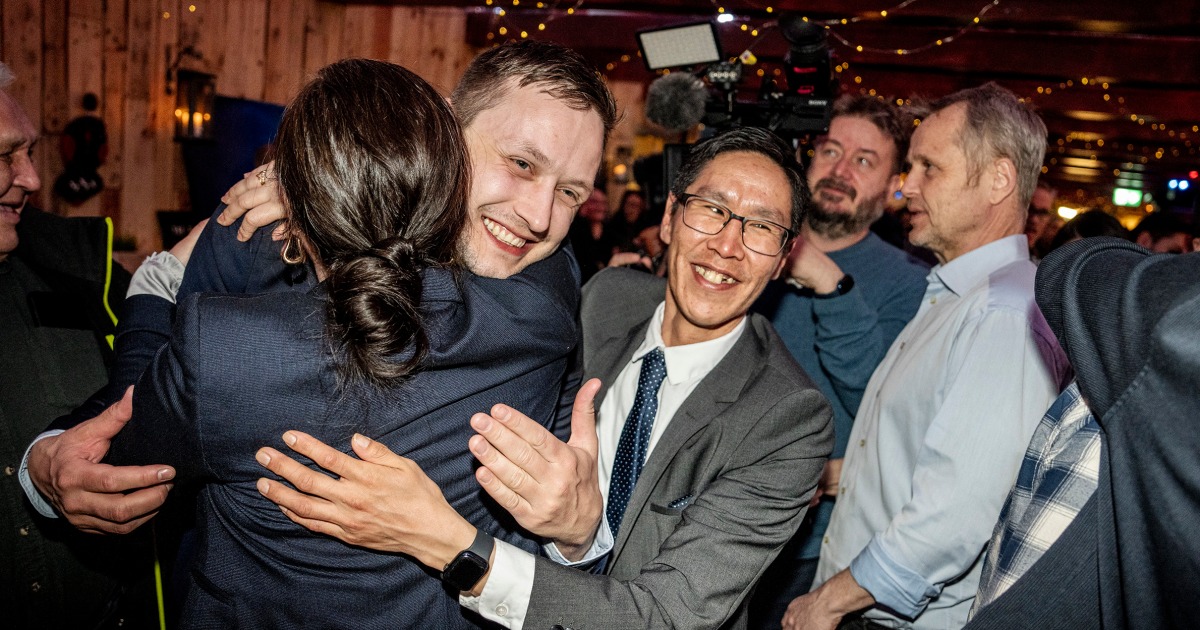Key takeaways:
- The center-right Demokraatit Party won Greenland’s parliamentary elections, marking a significant political shift as the territory considers its future relationship with Denmark and the global community.
- Amid U.S. President Donald Trump’s interest in Greenland, discussions about American investments have arisen, highlighting the island’s emphasis on self-determination and cautious approach to foreign influence.
- Both the Demokraatit and Naleraq parties support Greenland’s independence, with differing strategies; the former advocates for a gradual transition, while the latter pushes for a faster pace, as they navigate economic development and international relations.
In a surprising turn of events, the center-right Demokraatit Party emerged victorious in Greenland’s parliamentary elections, held amid heightened international interest in the territory. The election results were announced during a watch party in Nuuk, where party leader Jens-Frederik Nielsen celebrated the unexpected win. The Demokraatit Party’s victory marks a significant shift in Greenland’s political landscape, as the territory navigates its relationship with Denmark and considers its future on the global stage.
The election took place against the backdrop of U.S. President Donald Trump’s expressed interest in Greenland, which has sparked discussions about potential American investments in the island. Kuno Fencker, a member of the Naleraq party, commented on Trump’s interest, stating that while Greenland welcomes investment, the island’s right to self-determination remains paramount. This sentiment reflects the broader political discourse in Greenland, where the majority of the population supports independence from Denmark but remains cautious about foreign influence.
Both the Demokraatit and Naleraq parties advocate for Greenland’s independence, though they differ in their approaches. The Demokraatit Party, which secured the most votes, supports a gradual transition towards independence, emphasizing the importance of strategic planning and international partnerships. In contrast, the Naleraq party, which finished in second place, is more aggressively pro-independence, pushing for a faster pace of change. Despite these differences, both parties are expected to explore opportunities for increased investment in Greenland, particularly in light of recent international attention.
A January poll conducted by the Danish newspaper Berlingske and Greenlandic daily Sermitsiaq indicated that while Greenlanders overwhelmingly support the idea of independence, there is significant opposition to Trump’s overtures. As Greenland’s new government takes shape, it will likely focus on balancing the desire for independence with the practicalities of economic development and international relations. The election results underscore the complexity of Greenland’s political landscape and the challenges ahead as the territory seeks to assert its autonomy while navigating external interests.



Be First to Comment